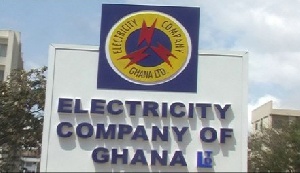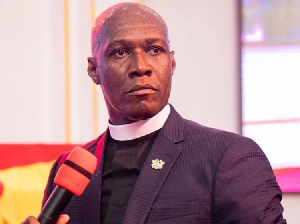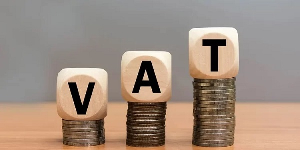Utility service providers have submitted a proposal to the Public Utility Regulatory Commission (PURC), requesting for over a hundred percent tariff adjustment to enable them pay for power purchases and embark on several developmental projects to improve service delivery
While the Ghana Water Company Limited (GWCL) and Electricity Company of Ghana (ECG) are demanding for a hundred and one percent tariff adjustments, GRIDCO on the other hand is requesting for 31.26% tariff increment.
Their demands come in the wake of escalating unemployment rate due to massive job cuts which were mostly driven by erratic power supply.
In the view of the ECG, a tariff rate of GHp35.51/kWh compared to the prevailing rate of GHp16.46/kWh will be enough to spearhead its service delivery enhancement project for now.
This translates into a GHp19.04/kWh tariff increment.
“The tariff adjustment is very necessary. We need it to pay for power purchases and to cover the cost of existing and new power plants. We also need money to cover the cost of electricity distribution and supply and to complete ongoing expansion works and to also implement new projects that will bring benefits to customers,” William Boateng, Head of Public Relations of ECG told journalists at a PURC stakeholder engagement meeting on Saturday.
GWCL on the hand is requesting for a GH¢2.22 tariff adjustment in order to recover its operating cost and as well be able to maintain and expand existing facilities.
Prevailing tariff for 220 gallons (5 barrels of water) amount to GH¢1.78 with existing nationwide supply standing at a rate of 871,496m3/d (192mg/d) against a demand rate 1,131,813.18m3/d (250mg/d).
Officials of the GWCL say the state firm has now been tasked with the responsibility to raise its own money for its infrastructure drive totaling GH¢698 million per year. Before 2013, funding for infrastructure was borne by the government.
General News of Sunday, 11 October 2015
Source: kasapafmonline.com













